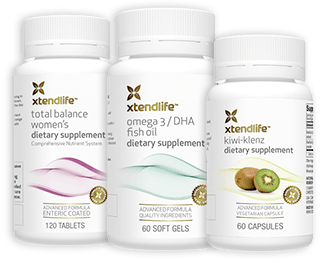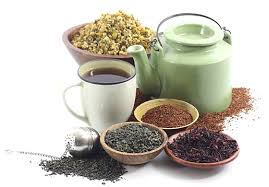The Wonders of Dandelion Extract
The benefits of dandelion are not limited to its sunny appearance in springtime or its popularity as a salad green. As an herbal supplement, it has been used for everything from aiding in stomach ailments and intestinal problems to more general help for pains, joint aches, bruises, and eczema.
Though there is insufficient scientific evidence of dandelion’s effectiveness for even its most common uses, dandelion is often taken for help in prevention of urinary tract infections, treatment of upset stomach, constipation, or gas/flatulence, and loss of appetite. Other possible uses of dandelion (though, again, more research is required to gauge its effectiveness) include treatment of joint pain, muscle aches, or gallstones.
What forms is it available in as a supplement?
Typically the supplement will be comprised of dandelion root or leaves, but it may incorporate other parts of the flower as well. You can find it as a powder, a tablet, a capsule, a tincture and several other forms.
In addition to its application in treating various ailments, it's interesting to note that like other herbal supplements it offers nutrients such as A, C and D as well as the whole spectrum of important B vitamins. It also has a host of minerals and trace elements including iron, zinc, potassium and calcium.
Dandelions also contain an important nutrient called lecithin, which has been shown in studies to aid liver function, lower cholesterol and improve acne. This may be responsible for many of the health benefits dandelion is purported to offer.
What about side effects of dandelion?
Dandelion has long been a common ingredient in everything from salads to tea, so it’s not surprising that it is considered generally safe—especially when dealing with the same amounts that would be found in food. It is considered “possibly safe” in larger, medicinal amounts.
As usual, those who are pregnant or breastfeeding should be cautious in using dandelion until further evidence of its safety can be found. In addition, those who have ragweed allergies (or allergies to plants related to the dandelion, such as daisies, marigolds, or chrysanthemums) should avoid the supplement, as it can cause an allergic reaction in both its oral and topical applications.
It goes without saying that those who are allergic to dandelions should avoid using it as a supplement, but those with allergy problems in general should check with a physician before taking dandelion as well.
Finally, those seeking to make use of dandelion’s benefits should be careful to ensure that it does not interact with any medication they might currently be taking. If you are taking antibiotics, it might decrease their effectiveness and is not recommended. Moreover, if you are on a medication that are changed or broken-down by the liver, use of dandelion might affect (or even increase) the side effects of the medication.
In addition, the diuretic effect of dandelion may interact with the use of “water pills” and Lithium—possibly to serious effect. If you are on any of these—or any other prescription medication—you should check with a physician or your healthcare provider before taking dandelion.
What's the verdict?
As it is considered a safe supplement, you may want to consider it as an option for any gastrointestinal issues you have. There is enough anecdotal evidence pointing to its efficacy for various issues. Perhaps you can start off with a tea to see how it helps, then with medical guidance you can move on to a dandelion supplement of one kind of another.
Have any experience with dandelion? Tell us about it and we'll share it with our visitors.
Find related supplements on our medicinal herbs page or return to the HSG home
Resources...
Search our site...
PREMIUM SUPPLEMENTS
The most advanced herbal supplements on the market
BULK HERBS AND TEAS
Need bulk herbs, teas, supplements and capsules?

